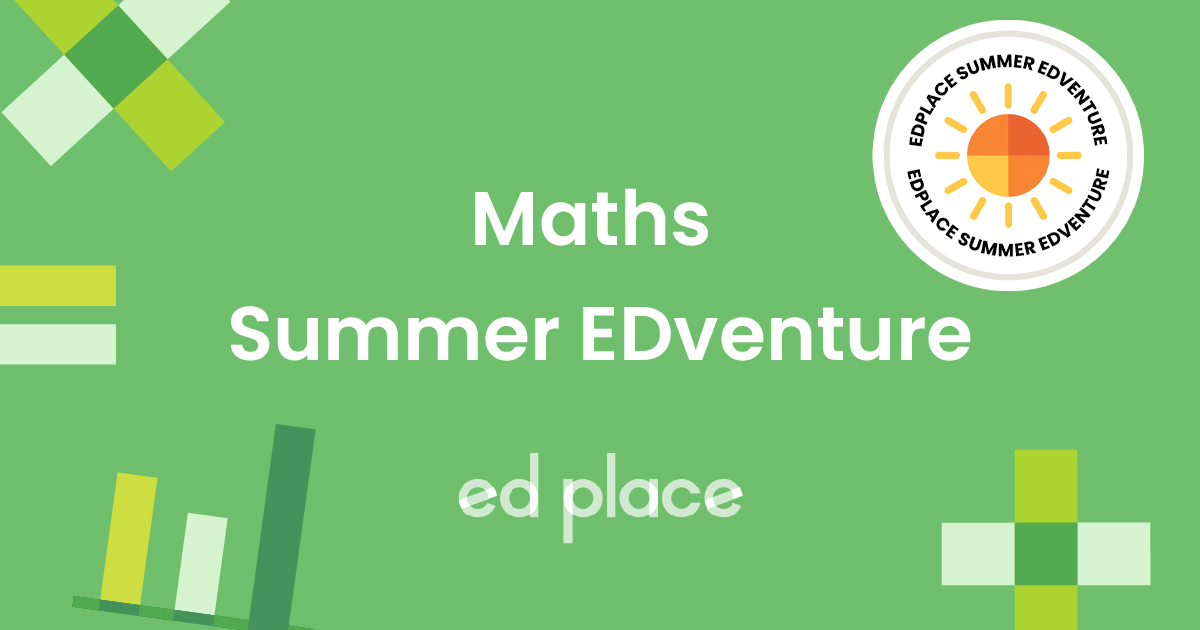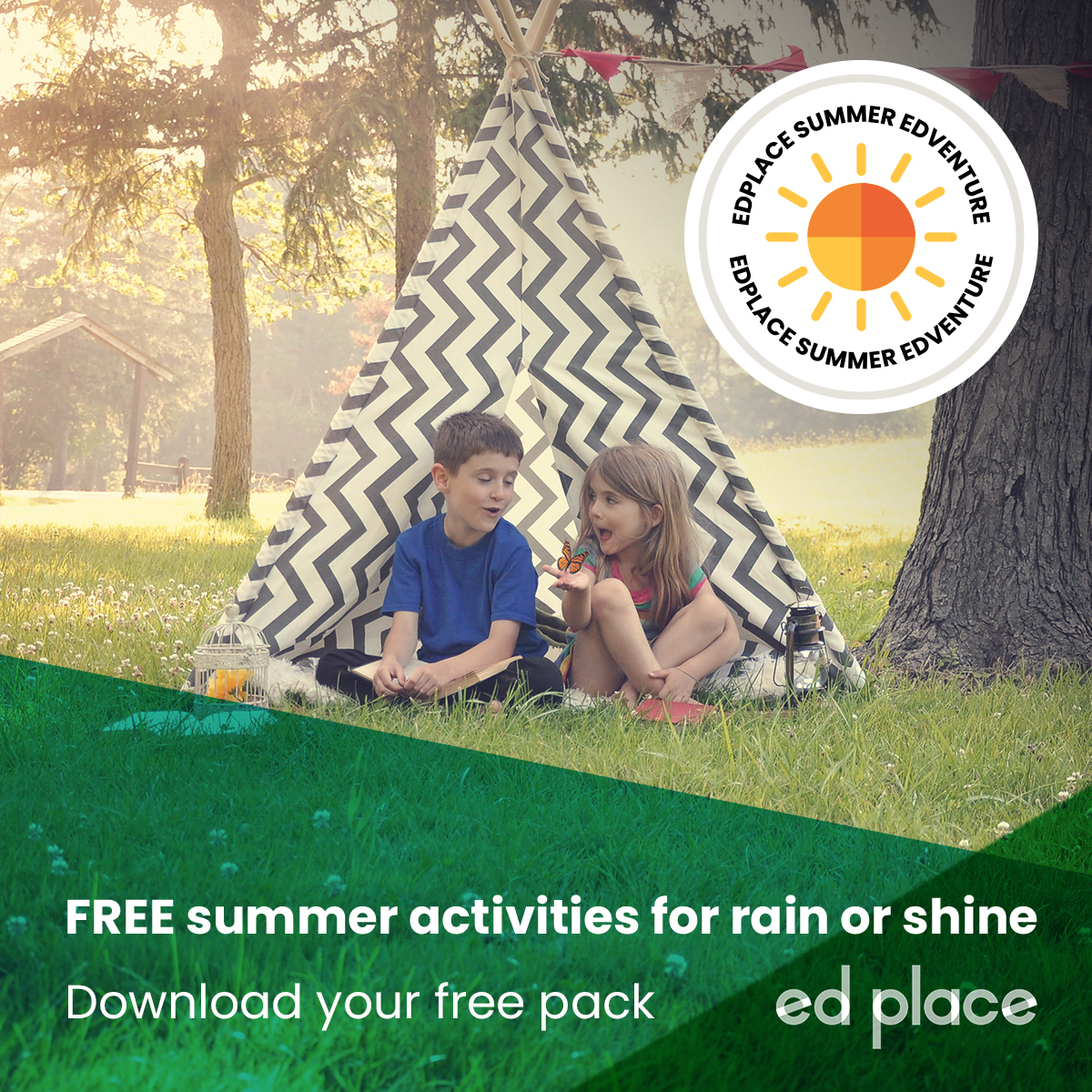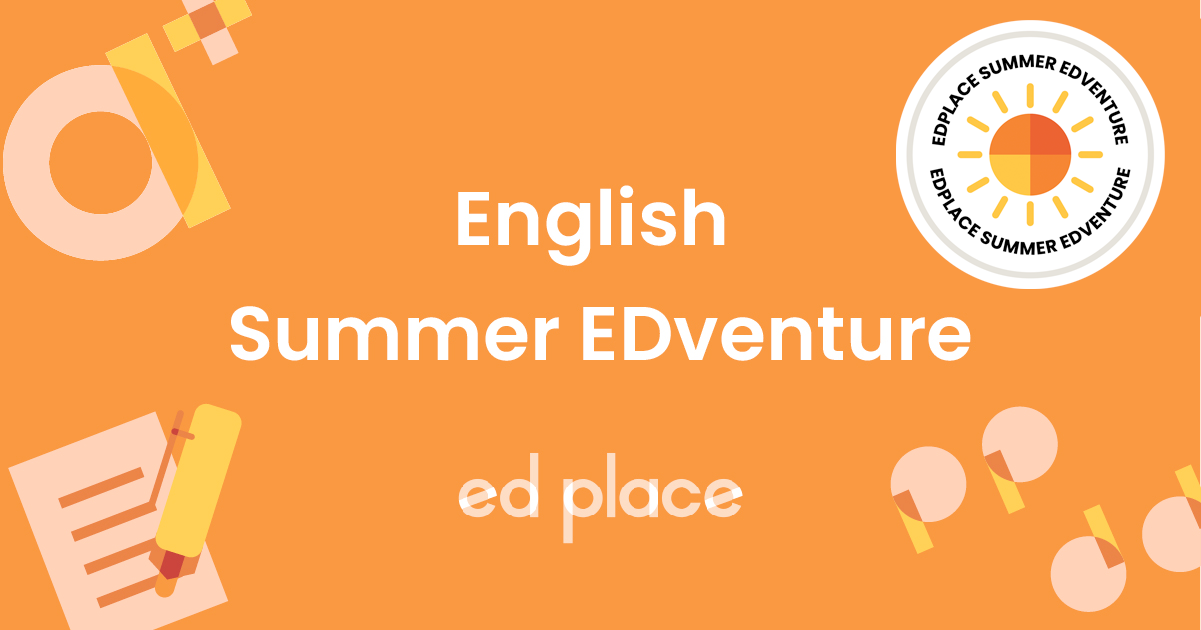Maths summer EDventure: Place Value professional
Who knew there are so many fun things to do with numbers when you are out and about this Summer! From looking at car number plates, to exploring the planets, you’ll become a ‘Place Value Professional’. So, get out your notepad and pencil and start number hunting - have fun!
Learning objectives
Year 5:
-
To read, write, order and compare numbers to at least 1,000,000 and determine the value of each -digit.
-
To interpret negative numbers in context, count forwards and backwards with positive and negative whole numbers, including through 0.
Year 6:
-
To read, write, order and compare numbers up to 10,000,000 and determine the value of each digit.
-
To use negative numbers in context, and calculate intervals across 0.
8 activities to get your child their Place Value professional qualifications
Have a go at some, or all, of these activities. You can choose the order you do them in.
1. Take eight pieces of paper, or sticky notes, and write one digit on each (you can use the same digit more than once).
-
Order the digits to make the biggest number possible and read it aloud.
-
Order the digits to make the smallest number and read it aloud.
Challenge: Can you say the value of each digit.
2. Look on the internet at homes for sale in your town.
-
What is the most expensive house you can find? The least expensive?
-
Explore houses anywhere in the world – find your 5 dream homes! Write down the prices in order from least to most expensive.
Challenge: Choose your favourite and try to convince your family why you should buy it? Ask them to guess the price. Give them some clues. Example: There is a 9 in the thousand £ column!
3. Explore numberplates of cars (make sure you stay safe when you do this). Look at the digits. Make the biggest number you can make i.e. YP20 46J would be 6,420.
-
What is the highest number you can make? How many have a 2 in the tens column.
Challenge: Write them out in order from lowest to highest.
4. Use the Internet to find the population of 3 different countries. Write down the information.
-
Ask a family member or friend to guess the populations. Play ‘Higher’ or ‘Lower’ until they get to the nearest 1 million!
Challenge: Find the population where you live (town, village).
Challenge 2: Can you find the most populated country? Guess first! Were you right?
5. Ask friends and family for their mobile phone numbers and write them down with their first names.
-
Order the digits to create the biggest number for each. Who has the highest number? The lowest?
6. Find the lowest and highest temperature recorded where you live. Use the Internet or ask a family member to help.
-
How many degrees below zero is the coldest?
-
What is the difference between the highest and lowest temperature?
Challenge: Can you find the difference between the coldest and hottest places on earth?
7. Use the Internet, or visit the library, to find out some facts about planets.
-
Order them in size from smallest to biggest
-
How far is each from the Sun.
Top Idea: You could make a Top Trumps planet game to play with a friend!
8. Get a pack of playing cards. Take out all the cards with numbers and place them face down.
-
With a friend, take eight cards each and make the biggest number you can. Biggest number wins.
Challenge: Use all the digit cards to make the biggest number possible. Can you read it?
Teacher top tips
1. When ordering numbers, the number with the most digits ( not including decimals) will be the biggest number:
6,543 is bigger than 999
When ordering numbers with the same number of digits, look at the digit to the left first to see which is the biggest:
9,000 is bigger than 8,999
If they are the same look at the next column:
9777 9677 (700 is bigger than 600)
2. When reading negative numbers, count back from zero
We say: zero, negative 1, negative 2, negative 3 etc
We write: 0, -1, -2, -3
3. When writing and reading large numbers we divide the digits into groups of three, starting from the ones column
43,769 – forty three thousand, seven hundred and sixty-nine
345,856 - three hundred and forty-five thousand, eight hundred and fifty-six
6,546, 435 – six million, five hundred and forty-six thousand, four hundred and thirty-five.
Beat the summer brain drain
Keep learning about Place Value with our free maths activities for years 5 and 6:










